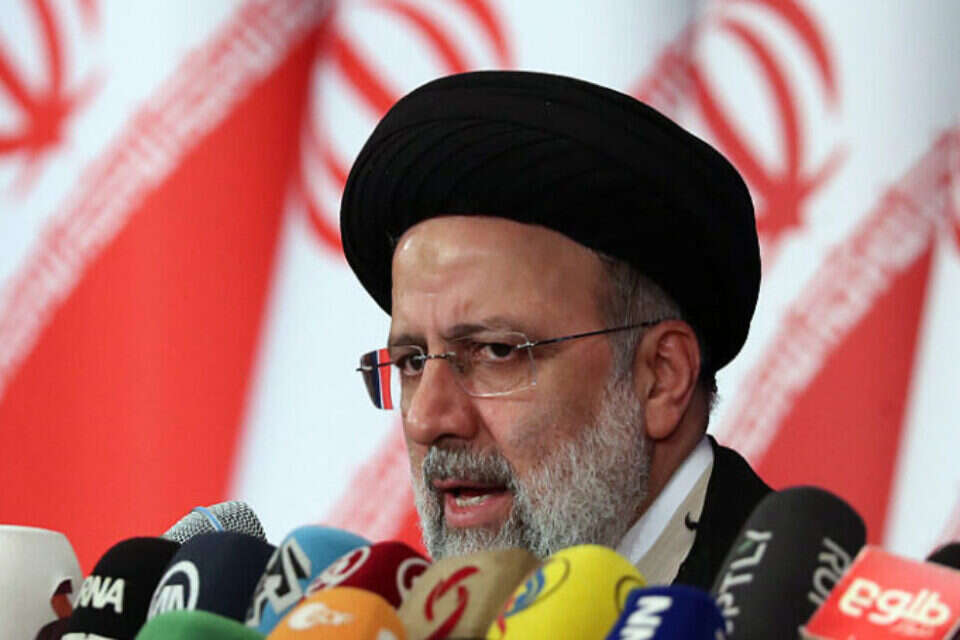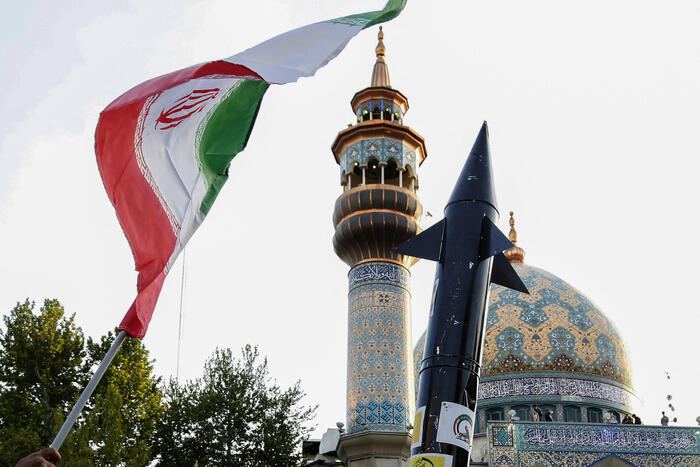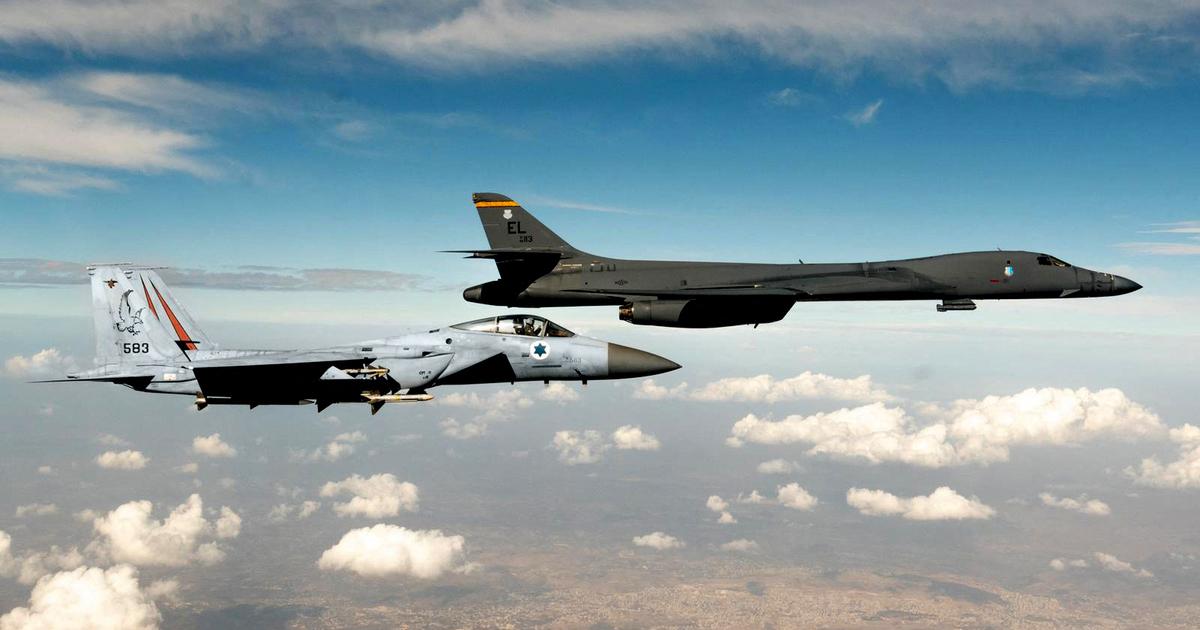A week before the resumption of nuclear talks in Vienna, Raphael Grossi, head of the International Atomic Energy Agency, will land in Tehran tomorrow, a man who is very worried.
The alarming conclusion that emerges from the documents is that Iran has made good use of the time that has elapsed since Trump's withdrawal from the 2018 nuclear deal to shorten the distance on the way to the bomb, in violation of all its commitments. It enriched uranium to higher levels than allowed, produced and installed speed hubs, and more. If the 2015 nuclear deal was planned to keep Iran at least one year away from an enriched enough uranium accumulation that would be enough to produce one bomb, the distance is now shortened to just three weeks. Experts estimate that it will take another year and a half to two years to assemble a bomb in the form of a nuclear warhead.
Although Iran has not yet "burst" into the bomb, and may not yet have finally decided whether to do so, it has already become a nuclear-nuclear state.
Alongside the enriched uranium it has accumulated and alongside the rapid concentrates it has installed, it has also acquired technology and experience over the years, which will be difficult to impossible to destroy or erase.
There is a direct link between the visit of the head of the Atomic Energy Agency to Tehran and the renewed talks in a week in Vienna.
The issue of nuclear facility oversight is a serious stumbling block in any discussion of reviving the nuclear deal.
In private talks, US officials admit that the Iranians continue to hide not only what is happening at their nuclear sites, but also their intentions regarding the talks in Vienna.
Do they really want to reach an agreement or just gain time?
Will they insist on returning to the original agreement, which was emptied of content, or will they agree to a coveted and long-term agreement?
(Low probability), and of course, will they insist on removing the sanctions first and accepting guarantees that will not be imposed again (which will frustrate any agreement) or will they agree to compromise?
The personality of the head of the Iranian team for talks also contributes to lowering expectations.
Deputy Foreign Minister Ali Bakri Kani is the opposite of Muhammad Zarif: a conservative, extremist, close to Khamenei, who opposed the nuclear deal.
He does not speak English, nor does he make an effort to present a "smiling face" to the West.
Under these circumstances, Israeli officials are concerned not only that Washington is returning to talks in Vienna without real information about Tehran's real intentions, but mainly without an alternative plan in case the talks fail.
The Biden administration's declarations that "all options are on the table" are said in weak language, and require Israel to continue to prepare in case it is forced to act alone.






